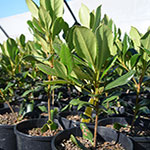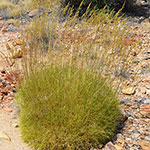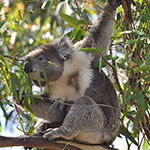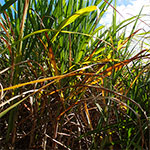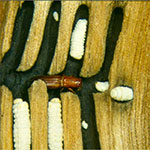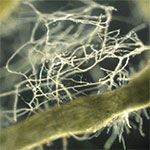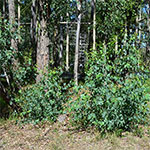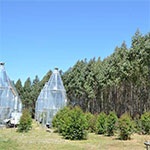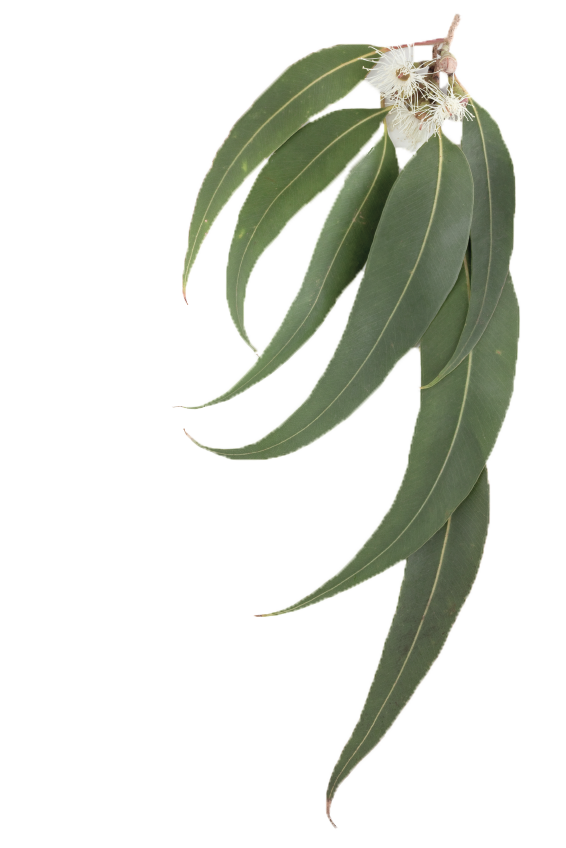Topics
Our research covers a wide range of topics that provide information, data and insights into challenging science problems facing Australia and the world. Find out more about some of the areas in which we work....
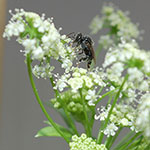
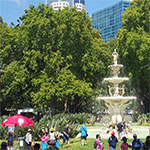
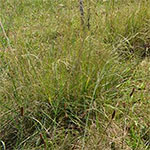
Within the PAstures and Climate Extreme (PACE) research program, researchers will be testing combinations of plant species, rainfall additions or exclusions (drought), warming from infra-red heat lamps and the performance of pasture systems under future predicted climate scenarios.
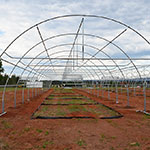
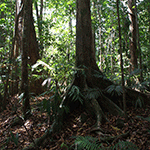
This will include workshops and events in six cities/regions and production of a technical guide document that can help tree selectors make better decisions about tree quality based on data from the field surveys conducted in the first phase of the project.
